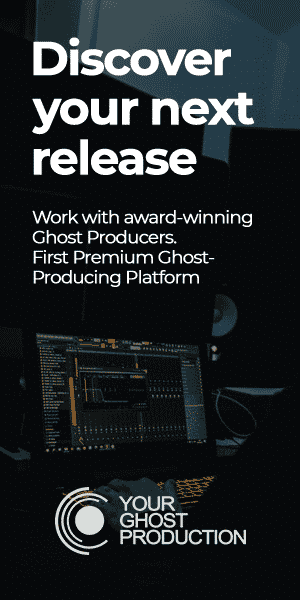Are you passionate about music and dreaming of starting your own record label? Look no further! In this comprehensive guide, we will provide you with invaluable insights on how to start a record label and achieve guaranteed success in the music industry. From defining your vision to talent scouting and marketing strategies, we will cover all the essential steps you need to take.
1. How to Start a Record Label: Defining Your Vision
Before diving into the logistics, it is crucial to define your vision for the record label. Determine the type of music you want to focus on, your target audience, and what makes your label unique. Craft a clear vision that will guide your decision-making and establish a strong brand identity right from the start.
2. Conducting Market Research: Insights for Success
Thorough market research is key to understanding the current trends, demands, and potential opportunities in the music industry. Analyze popular and emerging genres, study successful record labels in your niche, and identify gaps or untapped markets. Use platforms like Spotify, SoundCloud, and social media to gain insights into audience preferences and potential target artists.
3. Assembling Your Dream Team: Experts to Help You Succeed
Building a talented team is vital for the success of your record label. Partner with professionals experienced in the music industry, including A&R executives, music producers, sound engineers, marketers, and legal advisors. Their expertise and industry connections will be invaluable in talent scouting, music production, and effective label promotion. YourGhostProduction.com is a platform where you can find high-quality tracks and ghost producers to enhance your roster.
4. Establishing Legal and Business Foundations: Protecting Your Label
To operate a record label, you must establish the necessary legal and business foundations. Register your business as a legal entity, obtain the required licenses and permits, and work with an entertainment lawyer to draft contracts and agreements for artists, producers, and other stakeholders. Having a clear understanding of copyright laws, intellectual property rights, and music licensing is essential for protecting your label and artists.
5. Developing a Solid Financial Plan: Ensuring Stability and Growth
Starting a record label requires a substantial financial investment. Create a comprehensive financial plan that includes budgeting for talent acquisition, recording and production costs, marketing and promotion expenses, overhead costs, and potential royalty or revenue-sharing agreements. Explore various funding options such as personal savings, investors, sponsorships, or grants to secure the necessary capital.
6. Talent Scouting and Artist Signings: Building Your Roster
The success of a record label heavily relies on the talent it represents. Develop a strategic scouting strategy to discover promising artists who align with your label’s vision. Attend live shows, network at industry events, and actively search on music platforms and social media. Consider utilizing YourGhostProduction.com to find high-quality tracks and ghost producers that can attract emerging talents and provide additional revenue streams.
7. Music Production and Distribution: Delivering Quality Music to the Masses
Invest in professional music production to ensure high-quality recordings for your artists. Collaborate with talented producers and sound engineers to create exceptional tracks that resonate with your target audience. Develop relationships with digital music distributors to make your music available on popular streaming platforms and online stores. Proper distribution is essential for maximizing exposure and generating revenue for your label.
8. Marketing and Promotion: Building Your Label’s Brand
Effective marketing and promotion are crucial to building a strong presence in the competitive music industry. Develop a comprehensive marketing strategy that includes online and offline promotional activities. Utilize social media platforms, influencer collaborations, music blogs, press releases, and strategic partnerships to generate buzz around your label and artists. Leverage platforms like YourGhostProduction.com to promote your services and attract aspiring artists looking for high-quality tracks.
Conclusion:
Starting a record label is an exciting and rewarding journey that allows you to shape the music landscape and work with talented artists. By following this comprehensive guide on how to start a record label, defining your vision, conducting thorough research, assembling a skilled team, and implementing effective strategies, you can increase your chances of establishing a successful record label. Remember to adapt to industry changes, persist through challenges, and leverage platforms like YourGhostProduction.com to find high-quality tracks and ghost producers. With dedication, passion, and a solid plan, your record label can thrive and make a lasting impact in the music industry.





Comments
This post currently has no comments.